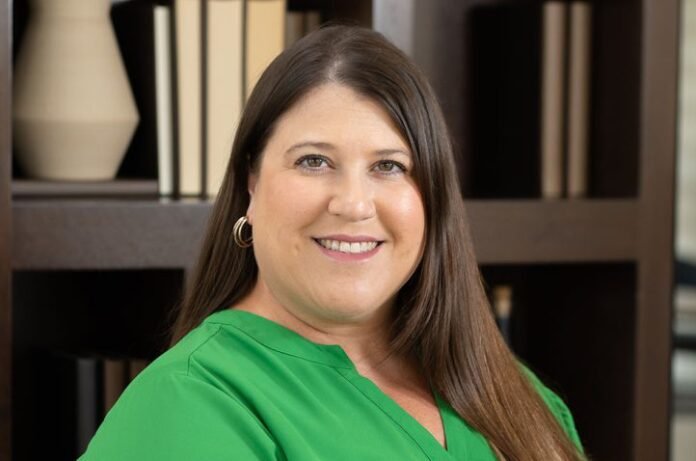By Elizabeth Gibbons | May 14, 2025
Clarksdale, Mississippi – Scott, whom I taught as a 12th grader, loved cars. He would spend hours in shop class tinkering around with all the old cars our school kept, like an old Chevy pick up truck and a Ford Taurus. Scott and I both knew that college was not for him; his passion was mechanics. Scott’s other teachers and I supported him fully in that passion. We checked in with him regularly about his academic courses to ensure he completed his work successfully. We also helped him prepare for his auto mechanics certification test. At the end of that year, Scott graduated with a diploma equivalency and now owns his own successful mechanic shop.
Traditionally, College and Career Readiness, a course developed to support the Mississippi Department of Education’s mission that all students who graduate from high school are prepared for college, career, and active citizenship, has focused heavily on pathways to college. But there are many students in our state like Scott who have other, equally valuable, aspirations for their future. These students rely on us to prepare them for what they’re interested in, and they should not feel “less” because they most likely will not attend a traditional college. Like Scott, every student should know the full range of options available to them and be fully supported in their choice.
To accomplish this, we need to expand the career pathways available for students, especially those pathways that lead to industry certifications. One way to do this is to partner with our local workforce development centers to offer certification classes for forklift driving, welding, and phlebotomy, among other fields. Having certifications like these can help students like Scott stand out among job applicants and demonstrate that they are knowledgeable and skilled in the trade they’ve chosen. A certificate can also increase a student’s earning potential because employers are more likely to offer a higher salary to prospective employees who have taken the time and initiative to earn relevant certifications.
Another strategy to broaden access to career pathways for students like Scott is to survey local businesses about what specific skills are needed in their workplaces, and then provide courses that will enable our students to pursue those jobs. Many of the graduates of Clarksdale High School, where I teach, choose to stay in the Clarksdale area, so we need to provide training that will allow them to have successful careers right here in their hometown. Broadening vocational offerings will allow our district to provide a steady talent pipeline. Doing this will strengthen our workforce and potentially entice other industries to move into our area.
To make all this possible, Mississippi should increase funding for career technical education programs, especially in rural areas where fewer such opportunities are available to students. The current funding formula requires schools to fund all aspects of a new vocational program in the first year of its implementation, while the state establishes program requirements that districts must meet before launch. For smaller districts already with limited resources, this can significantly hinder the expansion of vocational programs. These districts might need additional local and state support to provide the specialized equipment and space required for new career-focused opportunities.
In the past several years, I have worked with our school’s graduation and career coaches on planning and carrying out college and career fairs. College fairs are always large, and there is never a shortage of colleges that want to come and tout the best things about their universities. Career fairs are typically smaller. Our small community doesn’t have a large industrial presence. My goal is to ensure that the companies that do participate meet students who are eager to hear about the job opportunities they have to offer and who have the skills necessary to do those jobs.
Scott continues to thrive. He is providing a valuable, much-needed service to his hometown community.
Another student, Heath, went to our local community college, owns a successful clothing shop, and is involved in local politics. Yet another of my students, Tonya, has graduated from Tougaloo and is currently pursuing a degree in medicine.
We need an education system that supports Scott, Heath, Tonya, and every Mississippi child’s aspirations for their future.
Elizabeth Gibbons is a high school English teacher at Clarksdale High School in Clarksdale. She is a 2024-2025 Teach Plus Mississippi Policy Fellow and a Teach Plus Mississippi Delta Change Agent.
*To report a spelling or grammar error or inaccurate information, please email us at info@clarksdaleadvocate.news.



